Health-Tested F1 and F1B Goldendoodle Puppies for Sale. All of our Goldendoodle puppies come with a one-year genetic health guarantee along with their first set of shots, deworming, microchip, heart-worm medicine and Vet approval.

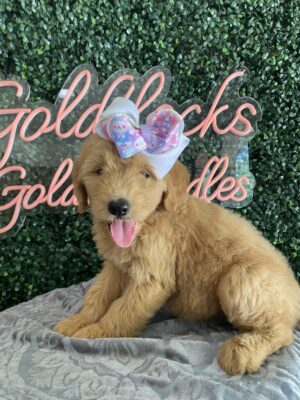 Adopted
Adopted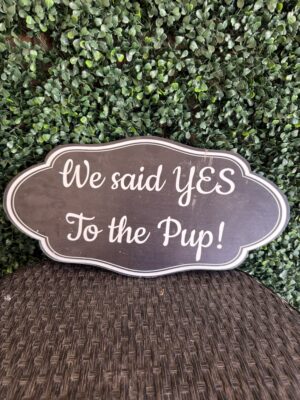 Adopted
Adopted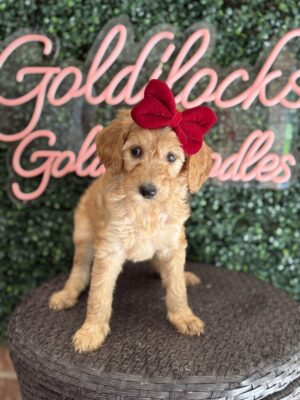 Adopted
Adopted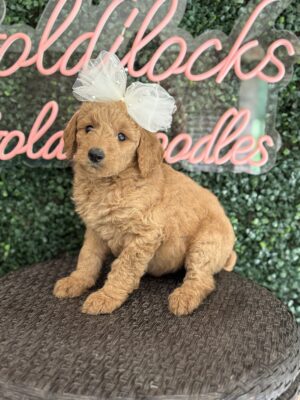 Adopted
Adopted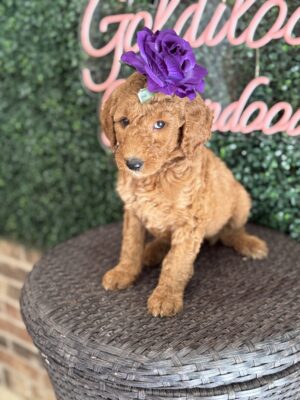
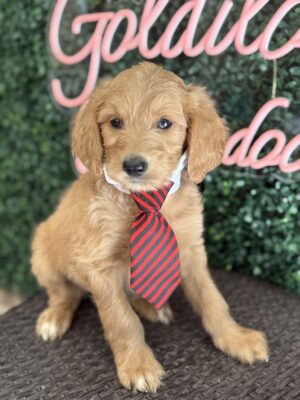
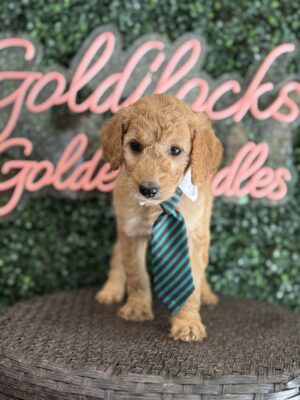

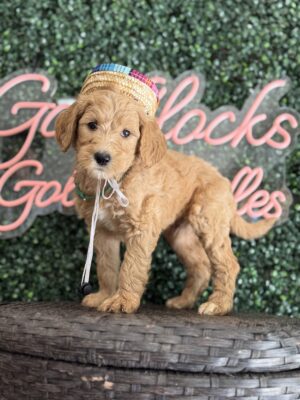 Adopted
Adopted Adopted
Adopted

We are a small hobby Goldendoodle breeder that absolutely ADORES Goldendoodles and their loving personalities. We breed mainly genetically tested F1 Goldendoodles (mom is a Golden Retriever & dad is a Poodle) and a few F1B Goldendoodles (mom is a Goldendoodle and dad is a Poodle) puppies. All of our puppies come with a one-year genetic health guarantee along with their first set of shots, deworming, microchip, heart-worm medicine and Vet approval. Contact Us for Details.
Goldendoodle Breeder that sells quality, healthy Golden doodle Puppies in Texas. We sell in Texas, Louisiana, Oklahoma, DFW, Plano, Heath, Rockwall, Dallas, Garland, Rowlett, Mesquite, Arlington, Carrollton, Farmers Branch, Mansfield, Ft Worth, Austin, Waco, San Antonio, Houston, The Woodlands, Lewisville, Irving, Denton, McKinney, Flower Mound, Frisco, Little Elm, Allen, Southlake, Colleyville, Highland Park, University Park, Coppell, Richardson, Murphy, Fairview, Keller, Highland Village, Trophy Club, Sunnyvale, Grapevine, Parker, Prosper, Addison, Uptown, Fate, Bedford, Euless, Westlake, Wylie, The Colony, Sachse, Corinth, Hurst, Forney, Waxahachie, Grand Prarie, near me.
© 2012 – 2025 | Goldilocks Goldendoodles | All Rights Reserved | Dallas, Texas | Privacy Policy